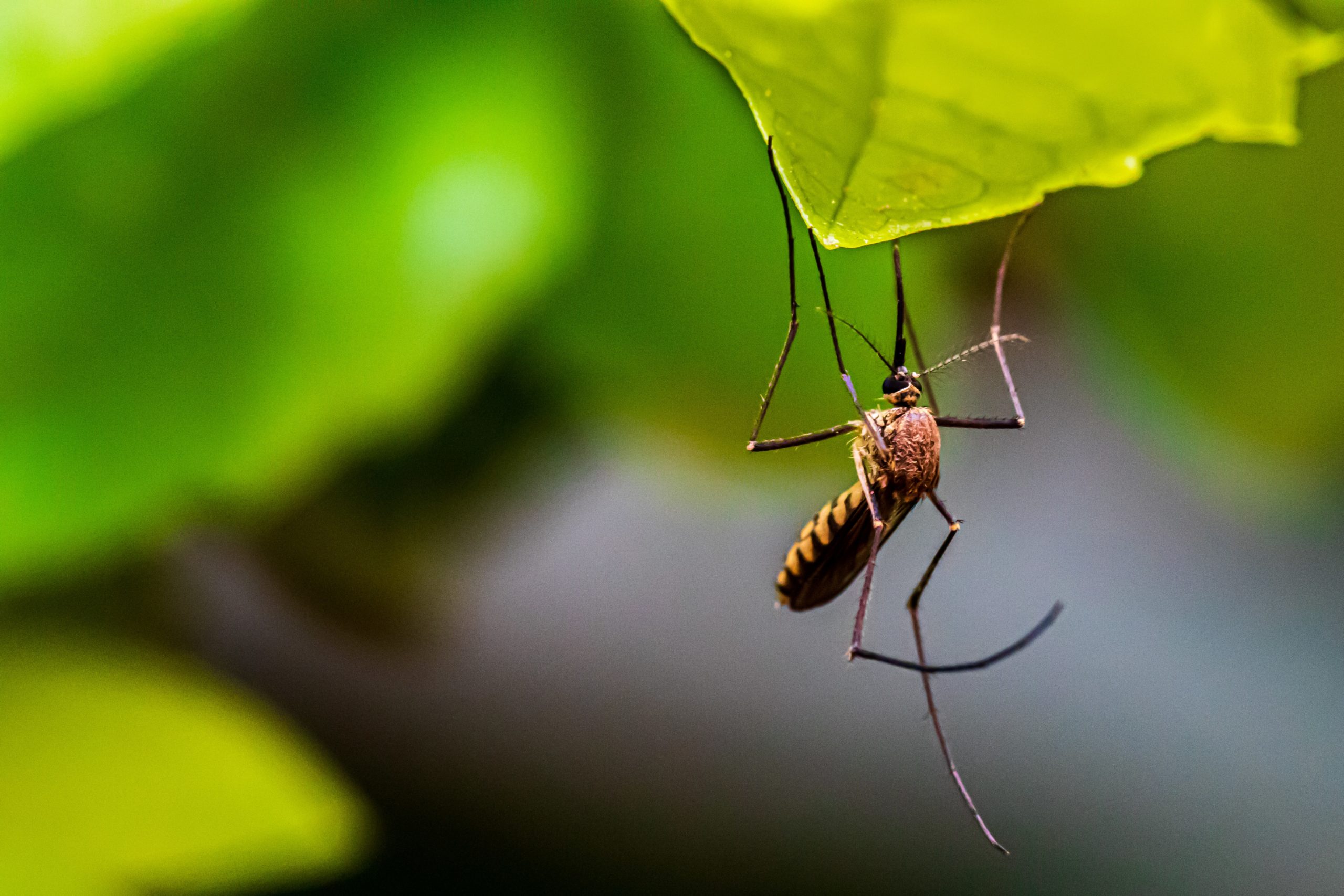
Why is a malaria vaccine so important?
What’s happening? The World Health Organization’s (WHO) advisory bodies for immunisation and malaria have recommended a global roll out of GlaxoSmithKline’s (GSK) Mosquirix malaria vaccine. The first vaccine of its kind, Mosquirix prevents 30% of severe cases of malaria, even in areas already using other protections such as insecticide-covered bed nets. The vaccine acts against the Plasmodium falciparum (P. falciparum) parasite. It works by priming the immune system to combat malaria as soon as it enters the blood from a mosquito bite, preventing infection of liver cells that could develop into a fatal disease. Gavi, the Vaccine Alliance, will consider funding for millions of doses. (Sky News)
Why does this matter? According to the WHO, almost half of the global population is at risk of malaria, with most cases occurring in Sub-Saharan Africa, followed by Southeast Asia, the Eastern Mediterranean, Western Pacific and the Americas. Around 229 million infections were reported worldwide in 2019, resulting in an estimated 409,000 deaths. Children under the age of five are most at risk and represent 67% of these deaths.
Malaria can be caused by five species of the Plasmodium parasite. The second-most common, the Plasmodium vivax, is difficult to diagnose and is more likely to cause death in the long-term, according to a recent review that also suggested this species represents an unrecognised global health burden.
More risk – Alarmingly, evidence is building that artemisinin, the primary drug used to treat malaria in combination with other medicines, is becoming ineffective as strains begin to build drug-resistance. P. falciparum also appears to be evolving to escape detection with rapid diagnostic testing. Additionally, global warming will put billions more people at risk of malaria and dengue by 2080 unless action is taken to keep temperature increases below 2C.
Vaccine needed – To the wider world, a 30% effective vaccine may not seem particularly useful, but it could result in around eight million fewer cases and save up to 40,000 children’s lives per year. For the most affected regions, the global roll out is a historical moment in their fight against the disease. The African Union is already set to talk with the WHO about costs and availability as malaria is likely to prove more deadly on the continent than Covid-19 by the end of 2021.
What next? A recent study has shown it is possible to boost the power of Mosquirix if given alongside antimalarial drugs before African rainy seasons begin. The combination could reduce malaria-related hospitalisations and deaths among children by around 70%. Other vaccines are also in development, such as one by the University of Oxford that has been found up to 77% effective in a clinical trial. BioNTech is also planning to leverage its mRNA technology – used in the Covid-19 vaccine it co-developed with Pfizer – to create a malaria jab of its own. A similar approach from Yale University, Novartis and GSK is aiming for a shot that can fully immunise against the disease.
Beyond vaccines – As with other diseases, it’s prudent not to just rely on vaccines to keep infection rates low, other methods are needed too. For example, a gene-editing technique has the potential to render male mosquitos sterile and disease-spreading females flightless to limit their spread into the environment. Another genetic approach being investigated could possibly drive the sex ratio in mosquitos to an all-male population which cannot spread disease.
Bottom line – The battle against malaria, and other deadly diseases is far from over and if we take our eye off the ball, their severity, spread and drug-resistance could become wider. Efforts to combat Covid-19 must not overshadow the impact that these continue to have on millions of lives across the globe.


